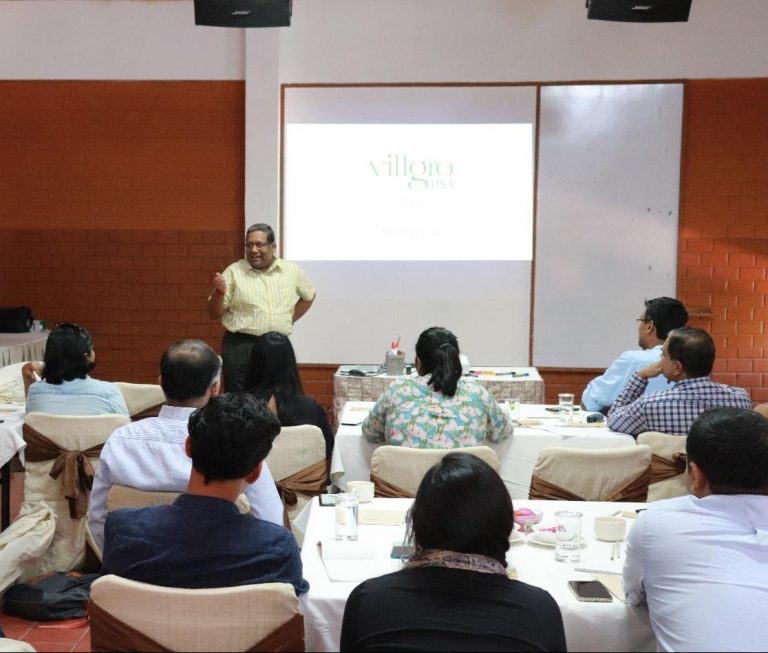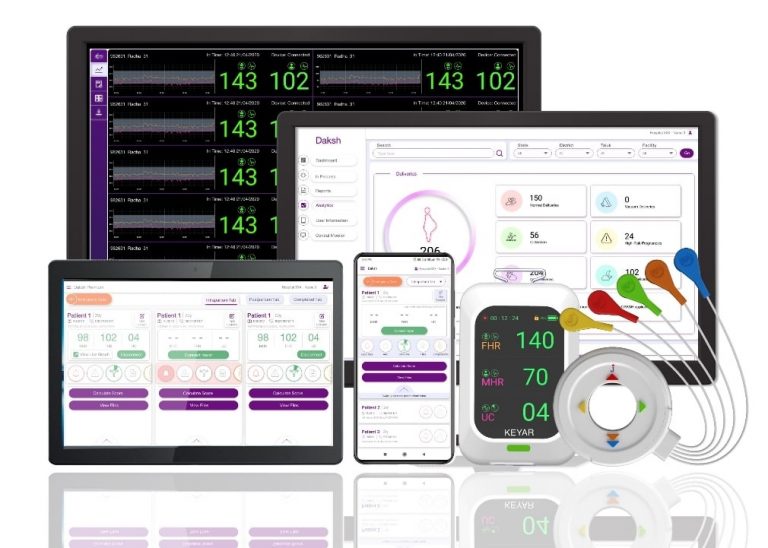Defining and measuring social impact for your startup
Before we delve into understanding social impact, there are a few nice words that work beautifully as a metaphor, written by Johannes Kepler. He said: “I used to measure the skies; now I measure the shadows of Earth. Although my mind was sky-bound, the shadow of my body lies here.”
It’s just like that for an entrepreneur. The skies are the startup’s vision and goals, while the shadows are what the startup has been achieving on the ground. That’s what should be measured and focus upon. Enter social impact measurement.
To understand more about this issue, we spoke to Ms Anushree Parekh, a social impact consultant who is the Director of Philanthropy and Impact at Waterfield Advisors (a boutique wealth advisory and multi-family office) and an Advisor with Samhita Social Ventures (a social sector consulting firm).

What is Social Impact for Your Startup?
‘Social impact’ is a term used for the effect on people or regions or the result achieved due to any action or inaction by an enterprise through a project, initiative, policy, etc.
For example, say your MedTech startup created a solution in the healthcare sector. How many people did it help? How did it improve their lives? What are the positive or negative changes in the statistics brought about as a direct result of your product or solution? These are some of the questions that form a part of social impact.
Why is Social Impact Measurement Important?
Anushree has a great insight to offer when we talk about the need for measuring social impact. She says, “When you are in the health sector, you are functioning in the larger context of a country or a region’s healthcare system. While you may have the right intent, it is not necessary that your intent will convert into action. To know whether this conversion is happening with the desired consequences, you should measure your organisation’s impact. If you can’t measure, it is not tangible, and you cannot improve on it. Also, due to what your startup is doing, you can have unintended positive or negative consequences. Measuring your social impact will help you understand all of this better.”
The World Economic Forum conducted a survey among 500 millennials across 18 countries and found that they felt that ‘improving society’ was the most critical part of a business.
What is the need for social impact measurement?
- It helps a startup understand the social and environmental performance of their investments and solutions.
- It gives insights into improving the solutions and finding weaknesses for mid-course correction.
- It brings in better accountability and helps an organisation compare its impact assessment results with its competitors.
- It aids in allocating funds to further the development of a solution.
- It also helps in calculating the return on investment by keeping the social factor in mind.
- It creates a social business value, helping startups attract investments in the future from investors.
- It helps startups meet norms and regulations set by the local and international authorities.
- It helps an organisation tell its story and achieve its long-term objectives. It also helps in setting new, more powerful goals.
- It shows the stakeholders and beneficiaries that an organisation is committed and cares about what it does. It also motivates.
- It helps build a data bank that can encourage a data-driven culture in an organisation and support better decision making.
Make an Impact!
Start measuring social impact for your startup – this is vital, especially for the healthcare industry, given the pandemic we are all battling against. When asked what was the right stage to start measuring impact, Anushree said, “I think once you are at the prototype stage for a MedTech solution, you should start measuring impact. But you should design for impact at the concept, idea stage.”
While you are on that journey, steer clear of the common errors made by startups for social impact measurement. “Not measuring the impact for your startup is the biggest mistake. On the other hand, I have also seen that a lot of enterprises tend to over-collect data. They need only 30% of that data, but the questionnaire is very long as there is a tendency to collect first, strategize later. It should be the other way round. Similarly, enterprises also tend to under-sample and over-sample. Statistical sampling will save their time and money. Finally, impact data and findings should be integrated into your business and improve your design, not sit in silos ,” advises Anushree.
Do check out our blog on the popular frameworks of social impact measurement to know more about impact assessment.
Subscribe to Newsletter
Recent Posts
- Bridging The Gaps Between Treatment and Diagnosis: The FastSense Approach
- Embedded Finance in Healthcare Industry in India: Collaboration with FinTech and MedTech Companies
- Thermaissance: Where Healthcare and Quality of Life Meet
- Case Study: TeraLumen
- Emerging new business models in the MedTech industry in India







